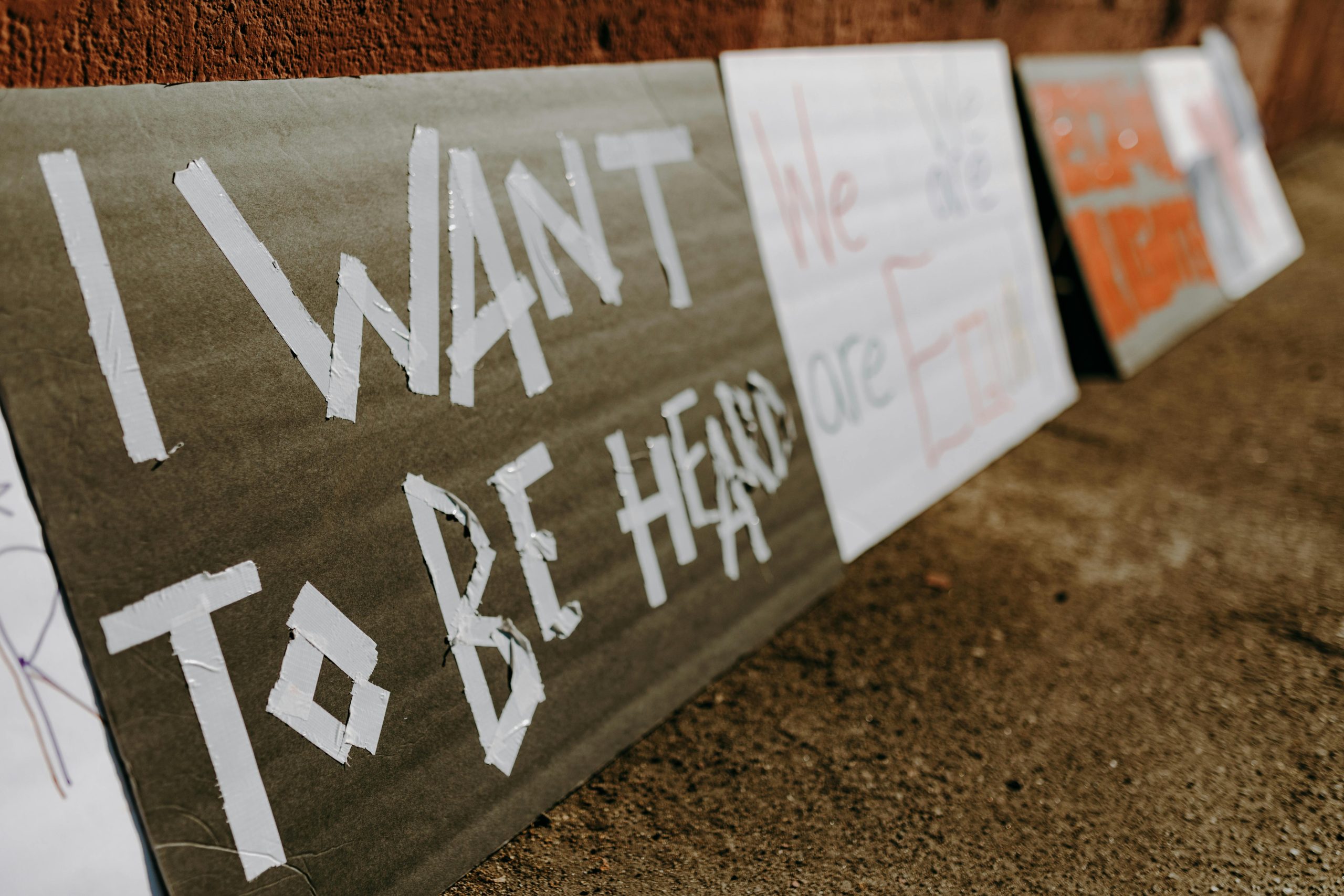Exploring the Differences Between Private and Public School Curricula
Hello everyone!
As someone living in an expensive urban area, I’ve observed a notable trend: children from affluent American families predominantly graduate from K-12 private schools. My own educational journey took a different path – I attended a public school that specialized in special education during the 1980s and 90s, where I faced challenges that prevented me from fitting into the mainstream educational setting. Additionally, as a child of immigrants, the experience of growing up in a home with college-educated, native English speakers is something I’m not familiar with.
To bridge this gap, I’ve reached out to friends who graduated from esteemed public institutions like Bronx Science, eagerly examining their coursework and class notes to better understand their educational experiences. I’ve also connected with individuals from working-class backgrounds who attended Catholic and other religious schools, which I realize differ significantly from the elite secular private institutions favored by the wealthy.
This leads to a pressing question: What distinguishes the literature and learning experiences in private schools from those offered in public education? Are the curricula at specialized magnet schools comparable, or do they diverge significantly? A neurotypical sibling of mine often remarks on the stark contrast he perceives between private school students and his peers in public school. My own interaction with the concept of private schooling mainly comes from cultural references like “Harry Potter” and the enchanting world of Hogwarts.
As I strive to integrate into a more affluent social circle distinct from my own socioeconomic and cultural background, I find myself exhausted by the notion that embracing my ethnicity is my only avenue of connection. I’m eager to discover which books and experiences I should pursue to engage meaningfully with individuals who have attended private institutions.
I invite insights from those familiar with private school curricula and experiences. What resources or readings would you recommend for building bridges across these educational divides? Let’s explore together how we can cultivate a richer understanding of diverse educational landscapes!

It’s great that you’re actively seeking to expand your understanding of the differences between private and public school curricula, as well as the cultural nuances that accompany them. Recognizing these differences can indeed help you navigate social and professional circles that may seem foreign to you. Let’s explore some key distinctions in curricula, recommended readings, and experiences that can bridge that gap.
Differences in Curriculum
Flexibility and Customization: Private schools often have the flexibility to create their own curricula, which can lead to more specialized programs. This may include advanced courses in arts, humanities, and sciences tailored to student interests. Public schools, governed by state educational standards, typically have a more standardized curriculum that must meet certain benchmarks.
Class Size and Teacher Ratios: Generally, private schools boast smaller class sizes, allowing for more individualized attention and tailored teaching methods. This environment can foster deeper discussions and a more personalized approach to education compared to the often larger classrooms found in public schools.
Advanced Placement and College Prep: Private schools may offer a broader range of Advanced Placement (AP) and International Baccalaureate (IB) options, leading to college credit for high school courses. This focus can help better prepare students for college-level coursework and enhance their college applications.
Extracurricular Focus: Private schools frequently emphasize extracurricular and enrichment programs—like debate clubs, art classes, and sports—which can cultivate well-rounded individuals. They often have more resources to support various interests outside of traditional academics.
Recommended Readings
Given your desire to better connect with private school graduates, consider exploring the following books and authors often found on private school syllabi:
Diverse Voices – Authors such as Chimamanda Ngozi Adichie (“Americanah”) and Junot Díaz (“The Brief Wondrous Life of Oscar Wao”) can give you insights into contemporary issues and diverse perspectives.
Non-Fiction:
Experiences to Seek
Engaging in discussions, clubs, or events related to higher education can significantly help you connect with those from a private school background:
Networking Events: Attend events or forums focusing on education, personal development, or specific professional interests. These often attract individuals from affluent educational backgrounds.
Discussion Groups or Book Clubs: Join or create a book club that features modern classic literature or popular nonfiction. Engaging in discussions will not only enhance your understanding but also expose you to different viewpoints.
Workshops and Classes: Look for workshops in areas that interest you, such as public speaking, creative writing, or advanced mathematics. These can often provide valuable skills while putting you in touch with individuals who may share private school experiences.
Cultural Events: Participate in cultural or arts events, such as gallery openings, performances, or lectures. These environments tend to attract those interested in broader cultural dialogues, offering ample opportunities for conversation.
Conclusion
Blending into a higher-earning population and engaging with private school graduates doesn’t require you to abandon your background; it can be an enriching experience that adds new layers to your identity. By expanding your reading list, engaging in various local activities, and learning about the nuances of different educational backgrounds, you’ll find a common conversational ground with those from different socioeconomic and educational spheres. Embrace the journey of continuous learning, and you’ll find that connection can happen through shared interests, perspectives, and curiosity.